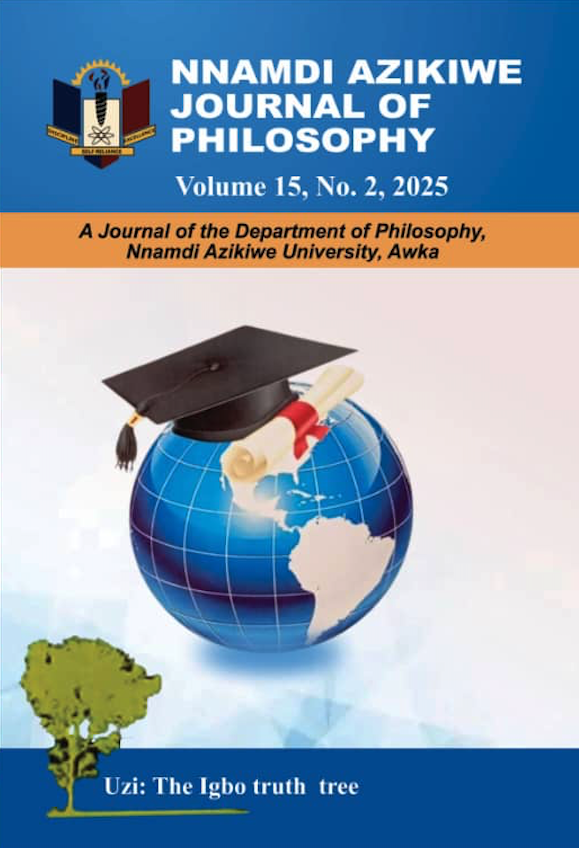Artificial Intelligence And Reductionism In The Human Person: Philosophical And Ethical Considerations
Abstract
The rapid advancement of Artificial Intelligence (AI) has sparked profound philosophical and ethical debates regarding its implications for human identity and personhood. A key concern is whether AI fosters a reductionist view of the human person, treating consciousness, intelligence, and self-awareness as mere computational or algorithmic processes. Reductionism, particularly in its materialist and functionalist forms, has long influenced scientific and philosophical thought, often simplifying complex human experiences to mechanistic explanations. This article explores the historical and conceptual roots of reductionism, tracing its evolution from Cartesian dualism to contemporary computationalism and neuro-scientific materialism. It critically examines how AI research and development align with or challenge these reductionist paradigms, particularly in areas such as machine learning, neural networks, and cognitive modeling. The discussion engages with key philosophical arguments, including the computational theory of mind, John Searle’s Chinese Room argument, and critiques from phenomenology and existentialism. By contrasting reductionist interpretations with holistic perspectives—such as personalism, embodied cognition, and relational approaches—the article highlights the limitations of viewing intelligence solely through the lens of computation. Furthermore, the ethical ramifications of AI-driven reductionism are analyzed, addressing concerns related to dehumanization, loss of agency, and the potential erosion of dignity in human-AI interactions.Ultimately, the article argues that while AI can simulate aspects of human cognition, it does not account for the richness of human subjectivity, emotions, and embodied experiences. The conclusion advocates for a non reductionist framework that acknowledges AI’s potential while preserving a deeper, more nuanced understanding of the human person. By integrating ethical considerations into AI development, the article calls for a human-centered approach that upholds the irreducible dimensions of human existence and ensures responsible technological progress.


